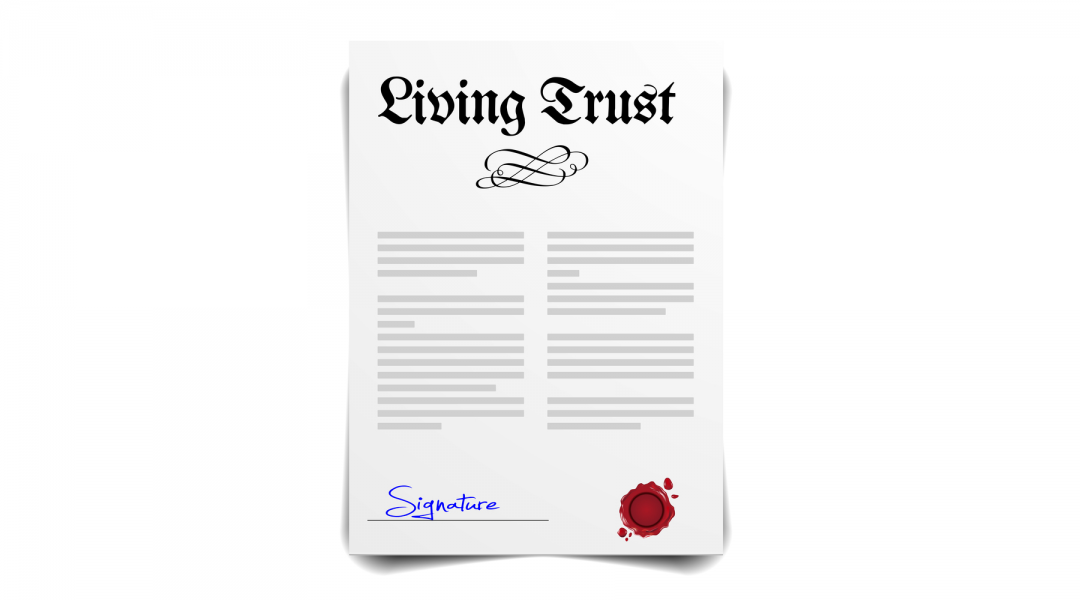HERE’S WHY YOU MIGHT NOT NEED A LIVING TRUST AFTER ALL

Let’s face the facts here – nobody likes probate. The further we remain from the lengthy and long-drawn (and not to mention, costly) process, the better we feel about ourselves and our precious assets.
One of the best ways for people to avoid probate is to draft a living trust along with (or even without) your will. A living trust ensures speedy delivery of assets and helps you avoid probate, helping your family avoid unnecessary inconveniences after your passing.
That being said, all is not advantageous when it comes to making a living trust. Depending on several factors including (but not limited to) your age, marital status, and financial status, a living trust could be useful or not. For most people, however, the answer is somewhere in the middle.
Here are the factors that will help you determine whether or not living trusts really are the best for you – probate and otherwise.
Age:
For those with a medium to large amount of assets and in their advance stages of life, making a living trust is justified. Not only is there a lot of money at stake, there is not enough time, and it really does not make sense to put all of that through probate. Additionally, having a living trust would help in making sure that there is someone to make crucial decision if you are incapacitated, but not dead.
However, if you are relatively younger – at least under-50 – earn a mid-level income, and have few assets, making a living trust would make very little sense. While you may not be very rich, you are sound both in terms of health and finances, and it is best to keep that stable and not worry about costs surrounding probate – which is decades away anyway. All you need is a serviceable will to transfer your property to your beneficiaries.
Financial Status:
While living trusts are largely convenient, they come with a steep downside i.e. the time and cost involved establishing as well as maintaining the trust. A trust drafted by a lawyer would cost no less than $1,000, and possibly more according to the nature of your trust and the amount of maintenance work you will have to do. Furthermore, even if you have a living trust, you will still have to make at least a simple will, that will act as a back-up legal tool.
If you are rich and have a lot of assets that need to be in one place, making a living trust makes sense. Otherwise, it would simply be a time and money-intensive way to be hard on what assets you do have. The better thing to do here would be to wait out a few years and check if making a living trust really is a means that justifies both the beginning and the ends.
Marital Status:
Your marital status largely determines how you may leave your estate to your loved ones after you have passed away. Chances are, you would like to leave the major portion of your property to each other in case you die. Going by this assumption, if you are young, avoiding probate is not a worry. Additionally, if you are among the several couples who own their assets jointly, those assets would not have to go through probate.
Another reason why you might not need a living trust is because most states allow their surviving spouses to make use of expedited probate procedures to avoid the time and cost that comes with the standard probate.





